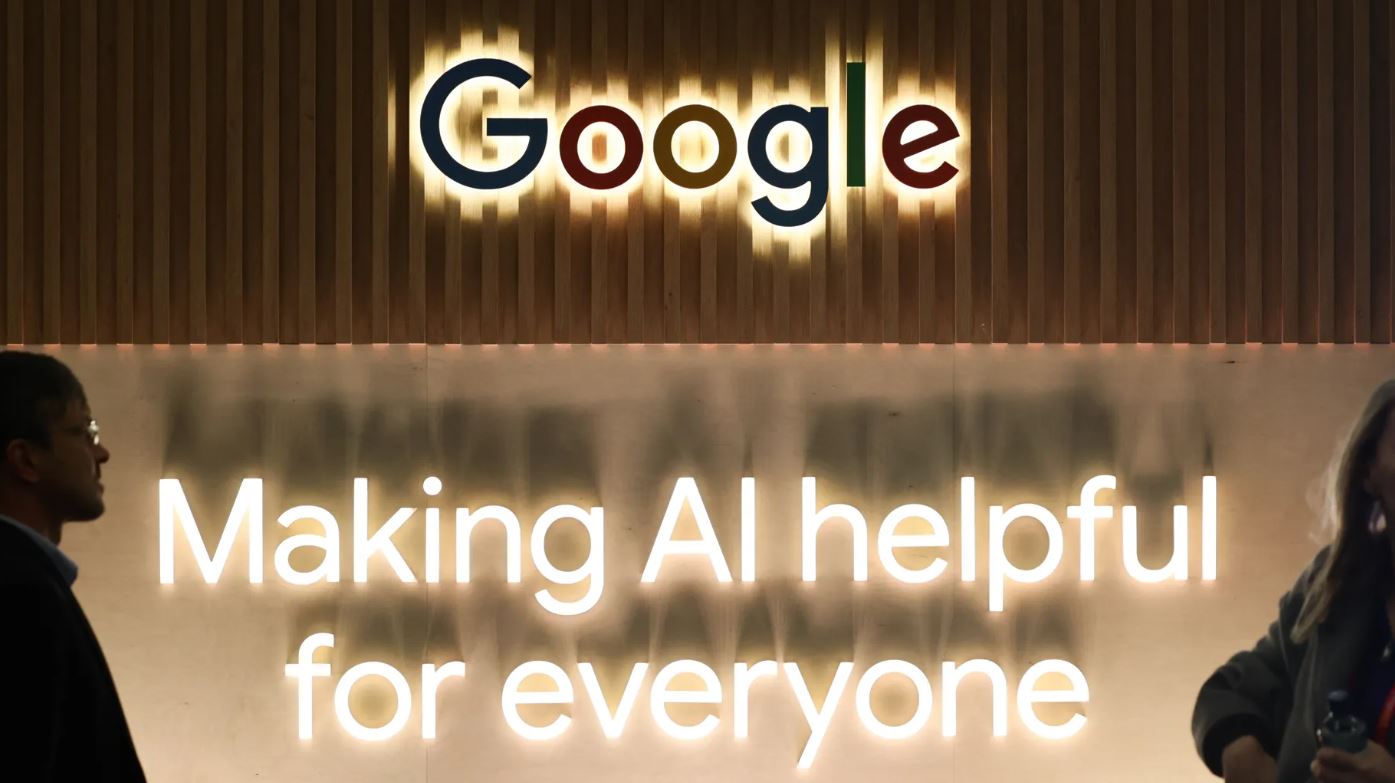Google’s AI Overview Incorrectly Identifies Fictional Characters as LGBTQ+
Issues with Google’s AI Overview
Google’s recent release of AI tools, including the “AI Overview” feature, has generated significant controversy. This tool, which uses a generative large language model (LLM) to summarize top search results, has produced a series of erroneous and potentially harmful outputs. Among the most bizarre are suggestions for people to consume rocks and glue, instructions for creating hazardous substances, and dangerous claims about sun exposure for people with dark skin.
Pop Culture Misinformation
This week, a social media incident highlighted AI Overview’s impact on pop culture search results. An X (formerly Twitter) user, @computer_gay, shared a screenshot of search results for “are there gay Star Wars characters.” The AI Overview response falsely claimed the existence of a character named Slurpy Faggi, purportedly a gay Star Wars icon in a relationship with Dr. Butto. This erroneous information quickly drew attention for its absurdity and inauthenticity.
(https://twitter.com/computer_gay?ref_src=twsrc%5Egoogle%7Ctwcamp%5Eserp%7Ctwgr%5Eauthor)
Veracity and Public Reaction
The authenticity of the screenshot was questioned, as the name “Slurpy Faggi” had never appeared online before, making it improbable for Google’s LLM to generate this from existing content. Despite the humorous nature of the fabricated characters, the incident underscores the risks of misinformation. In reality, while the Star Wars franchise has limited LGBTQ+ representation in its films, its video games and comic books have introduced several queer and nonbinary characters.
Discover : 15 LGBT+ films to discover in 2024
Further Instances of False Information
Google’s AI Overview has also produced false claims about LGBTQ+ characters in other franchises, such as Pokémon and Mario Kart. Some results were allegedly derived from humorous articles in queer publications like Autostraddle and Out. For example, Koopa Troopa was inaccurately described as a trans man with a dishonorable discharge, and Bulbasaur as a plant-loving queer. While these instances are often based on humor, they contribute to the broader issue of false information being propagated by AI tools.
The Broader Implications
False and humorous outputs from AI Overview, such as claiming “piss is a vegetable” with a “salty flavor,” highlight the potential dangers of relying on AI for information. These inaccuracies raise concerns about the environmental and ethical implications of developing and deploying such technologies. Reports indicate significant water usage associated with AI tools, with a five-query conversation on OpenAI’s ChatGPT consuming approximately 16 ounces of water. Additionally, data used to train these models has included problematic content, such as child sexual abuse material.
Mitigating the Risks
To avoid the issues associated with AI Overview, users can opt to use Google’s Web search instead of the default “All” results setting. This helps bypass the flawed summaries generated by AI. The incident with the fictional character Slurpy Faggi serves as a reminder of the importance of critically evaluating information provided by AI and the broader implications of deploying such technologies without thorough oversight.
Also discover :













